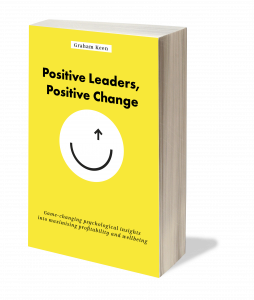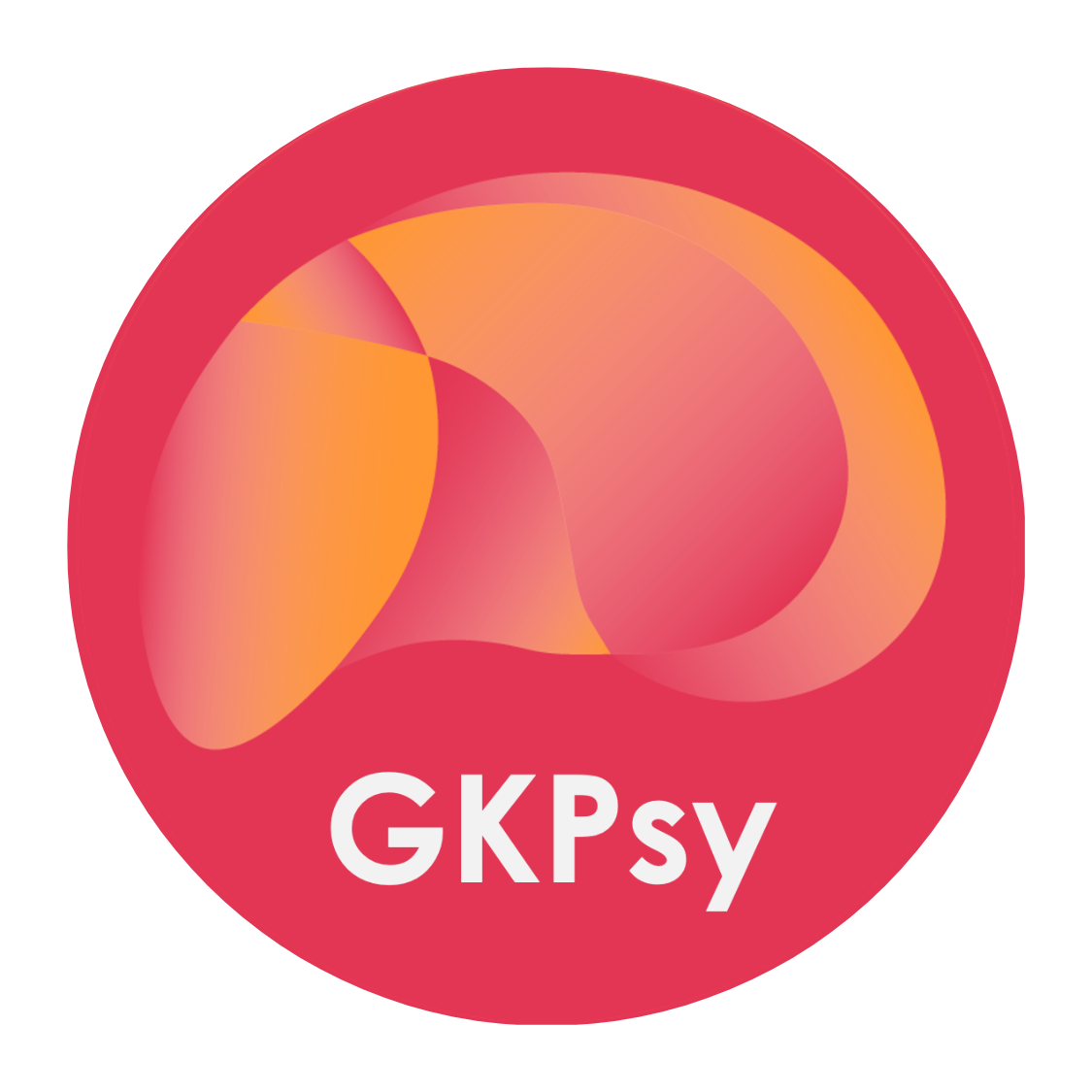Sales effectiveness
Leadership development
Culture & Engagement
Profit improvement
All our programmes transform:
Positivity, Resilience & Wellbeing
Actual results highlights
Average of all clients’ sales improvement delivered 57%
Engagement increased from 34% to 67% global consultancy op co
20+ year 100% success record
94% delegates report improved positivity, effectiveness, resilience, wellbeing and drive
– after up to 17 years
Our Courses & Accelerators
Open and in-company courses
Live online & in-person respectively
For sales professionals, managers and leaders
3 & 4-day classes, self-paced videos, 121 mentoring
Over 12-16 weeks
Money-back sales performance improvement guarantee
Corporate Accelerator
Leadership Development
Culture & Engagement
Profit Improvement
In-company bespoke programmes
For top 3 leadership levels and other colleagues as indicated
Live in-person classes, self-paced videos, 121 mentoring
Over 2-12 months
Money-back target outcome guarantee
How we work
Diagnostic
Interviews with senior leadership to brief us and clarify your objectives. We triangulate opinions and identify underlying drivers by deploying online metrics and conducting interviews with other key influencers.
Senior Leadership
We start with the most senior leaders of the targeted teams, developing their mastery of (as appropriate): personal performance, cutting-edge leadership, sales effectiveness, emotional engagement, cultural change, and getting profit & people into harmony.
Extended Leadership
Concurrently or in sequence, we use the same interventions to cascade the learning to the next level(s).
Delegates’ Teams
Where delegates have them, their direct reports receive highlights seminars to familiarise, win buy-in, and secure support. Avoids classical autonomic resistance to profound change in colleague behaviour.
Blended-Learning
Delegates receive 6-12 months access to our on-demand online videos covering the core principles deployed in the main intervention.
Our founder’s best-selling book is now available
Our founder’s best-selling book is now available, filled with psychological insights into maximising profitability and wellbeing in your workplace. Learn how to deploy the five drivers of standout high-performance through our evidence-based strategies and techniques that will deliver lasting change, secure the stability and growth of your organisation, and boost your career, happiness, and power to help in the world.

Graham Keen Psychology
Lower Gate Farm, Twiston Lane, Twiston, Ribble Valley
BB7 4DE
07771 667616
GKP Denmark
Højdevej 3
3400 Hillerød
Denmark
+45 40165131
sustained.change@grahamkeen.com
